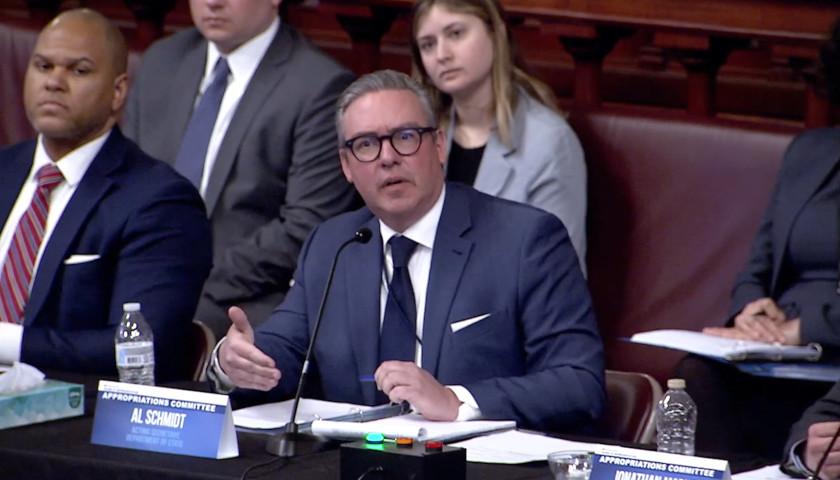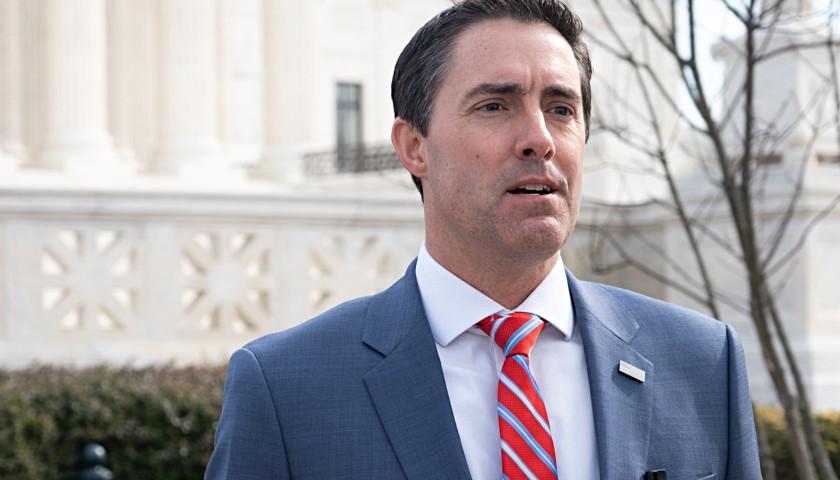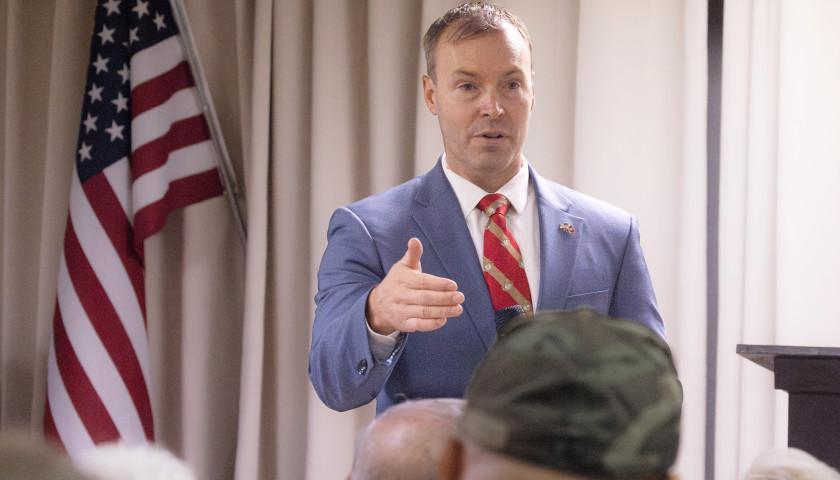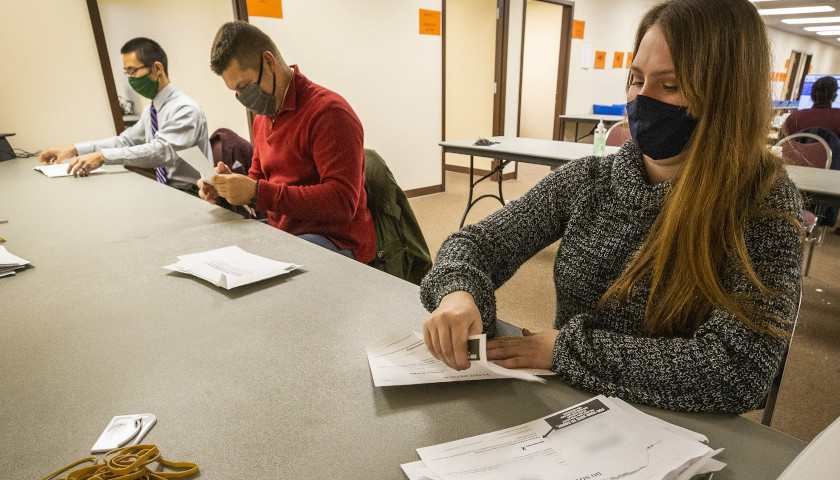Pennsylvania’s top election officials this week informed lawmakers that the process of replacing the state’s voter-records system is “behind schedule” but assured them his agency is prioritizing its completion.
Responding to questions from members of the State House Appropriations Committee in preparation for drafting the Fiscal Year 2023-24 budget, Pennsylvania Acting Secretary of State Al Schmidt said 23 counties are testing the initial version of the new SUREVote system.
In 2020, the commonwealth entered into a $20 million contract with the software provider BPro to replace the Statewide Uniform Registry of Electors (SURE) with SUREVote. Schmidt explained to lawmakers that the two-decades-old SURE was designed to accommodate elections wherein the vast majority of Pennsylvanians cast votes in person at the ballot box, with only a small minority voting by mail. But mail-in voting has skyrocketed in the wake of a 2019 law permitting any registered Keystone State resident to cast an absentee ballot with or without an excuse like illness or travel.
Schmidt, a liberal Republican former Philadelphia City Commissioner appointed by Shapiro earlier this year, said changes in technology and the law both necessitate upgrading the registry.
“With the addition of mail-in-ballot voting as well, SURE would need to be replaced regardless because it’s 20 years old,” he said. “I don’t even know that I had a [cell] phone 20 years ago, let alone a system that would be compatible with right now, so there is a need to replace the SURE system.”
Schmidt’s department received the first iteration of SUREVote last December. Responding to questioning from State Representatives Natalie Mihalek (R-Pittsburgh) and Eric Nelson (R-Greensburg), Deputy Secretary of Elections and Commissions Jonathan Marks said implementation is “behind schedule” but officials are proceeding with a “corrective action plan” to expedite it.
“The initial schedule would have had the bulk of the system being implemented early this year,” Marks said. “We got a system in December. Based on the feedback that we got from counties and our own staff, about 65 percent of the functionality is there, so we have to work on the remaining 35 percent.”
Marks suggested that the unique election of 2020, with the explosion in absentee voting, made work on SUREVote especially challenging.
Nelson responded that he finds the pace concerning, given that over two years have elapsed since that year. The representative observed that a reliable voter registry is necessary from the standpoint of election integrity.
“It’s a $20 million contract,” he said. “It’s now spring of 2023 and we’re still not done.”
Marks noted in response that because the contract is deliverable-based, the state has only paid for what it has received so far.
“We’re not paying for things we haven’t gotten,” he said.
SURE has become controversial for reasons other than its antiquity. Many state officials have expressed unhappiness with its administration, most notably after then-Auditor General Eugene DePasquale (D) issued a 2019 report discussing thousands of apparent errors in voter records.
State auditors found, for example, that the system contained 24,408 voter registrations with the driver’s license numbers matching those on other registrations; they also discovered 2,991 active voter records for individuals whose information matched that on Department of Health death notices. Republican lawmakers have proposed legislation to clean up the voter rolls but such a measure faces long odds in the Democrat-run House.
Another component of Pennsylvania’s election system about which Nelson inquired was met with more positivity. Last July, the commonwealth banned private organizations from issuing grants to counties for election administration. Such grants became controversial when the Chicago-based Center for Tech and Civic Life, funded significantly by Facebook executive Mark Zuckerberg, made copious payments to local governments, most of them in Democrat-leaning areas, to aid 2020 election activities.
When the state banned the payments, it commenced its own public grant program to assist counties with election expenses. Nelson asked Schmidt how the new state-run program is working and Schmidt responded that nearly all counties have applied for the new grants and have been pleased to get them.
“I think those dollars — from the feedback we’ve received — are well-received and will assist with election administration at the county level.”
Shapiro and Schmidt are asking lawmakers to approve a $146 million budget for the Department of State in Fiscal Year 2023-24, a roughly $14 million increase for the agency, which oversees business registration and professional licensing as well as elections.
– – –
Bradley Vasoli is managing editor of The Pennsylvania Daily Star. Follow Brad on Twitter at @BVasoli. Email tips to [email protected].








